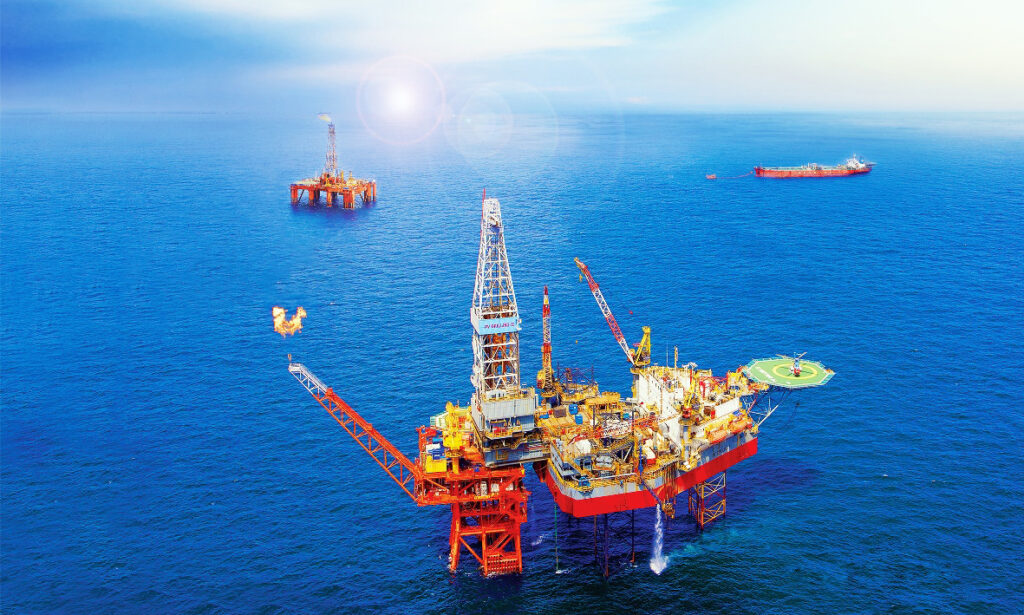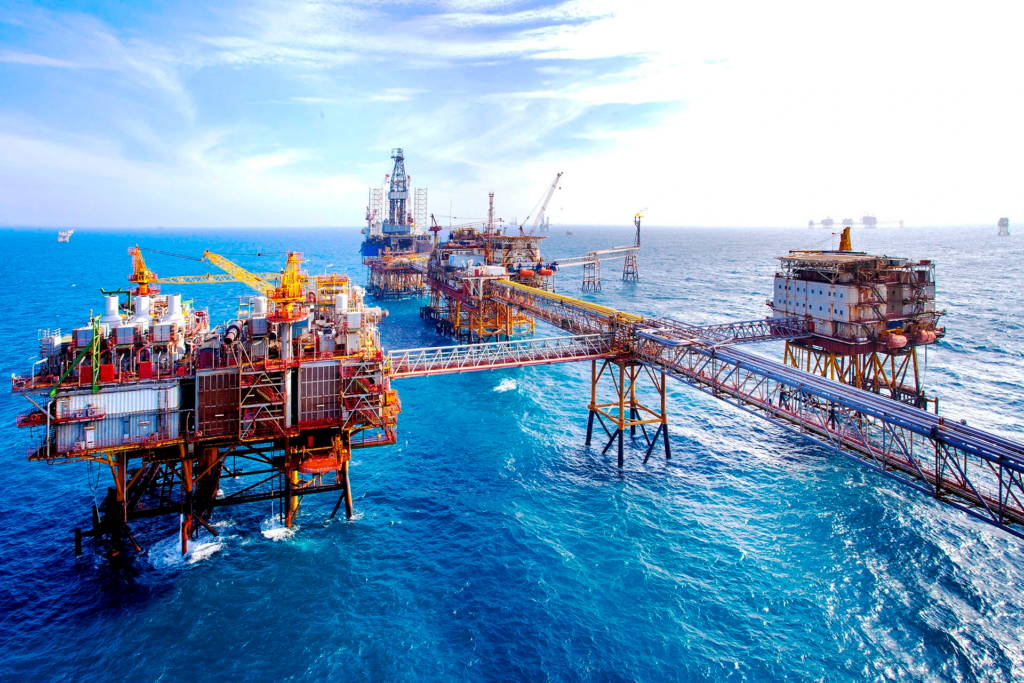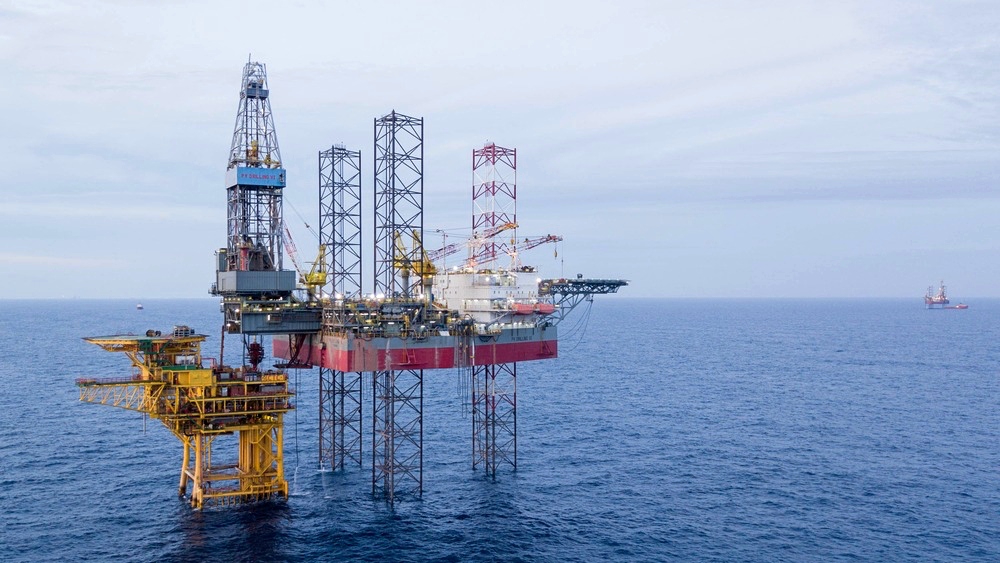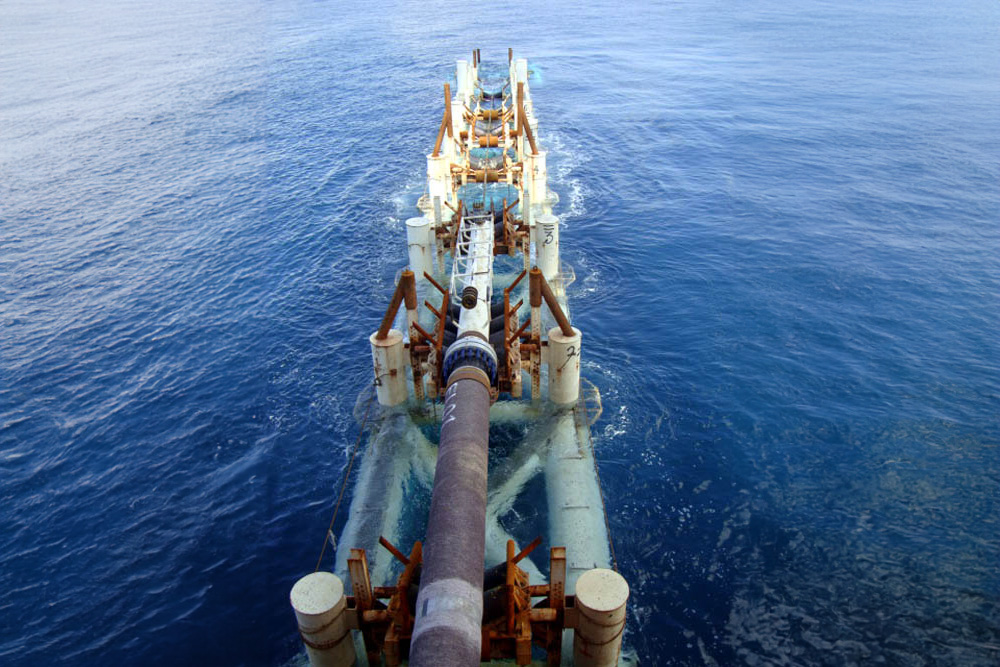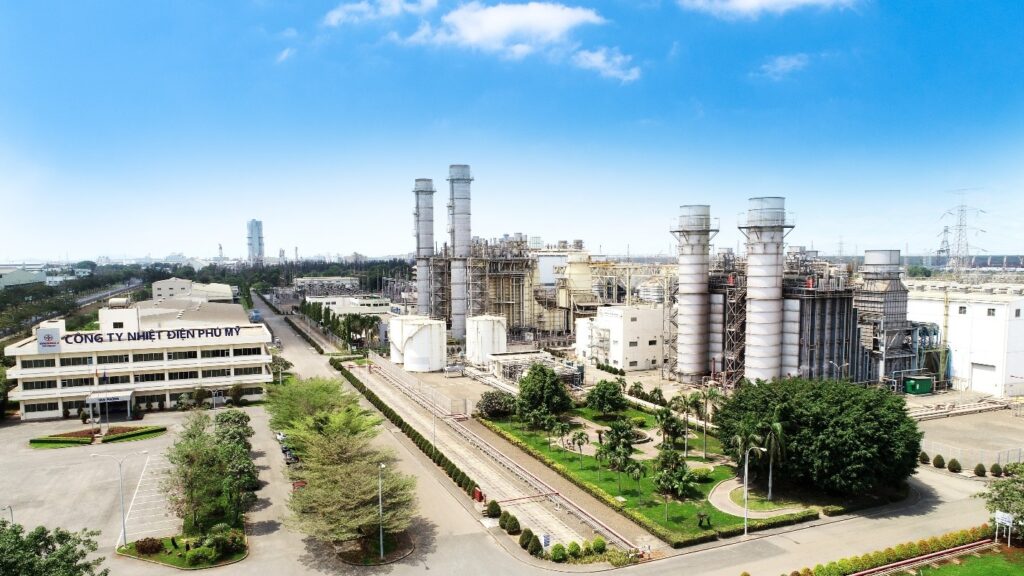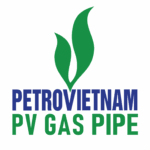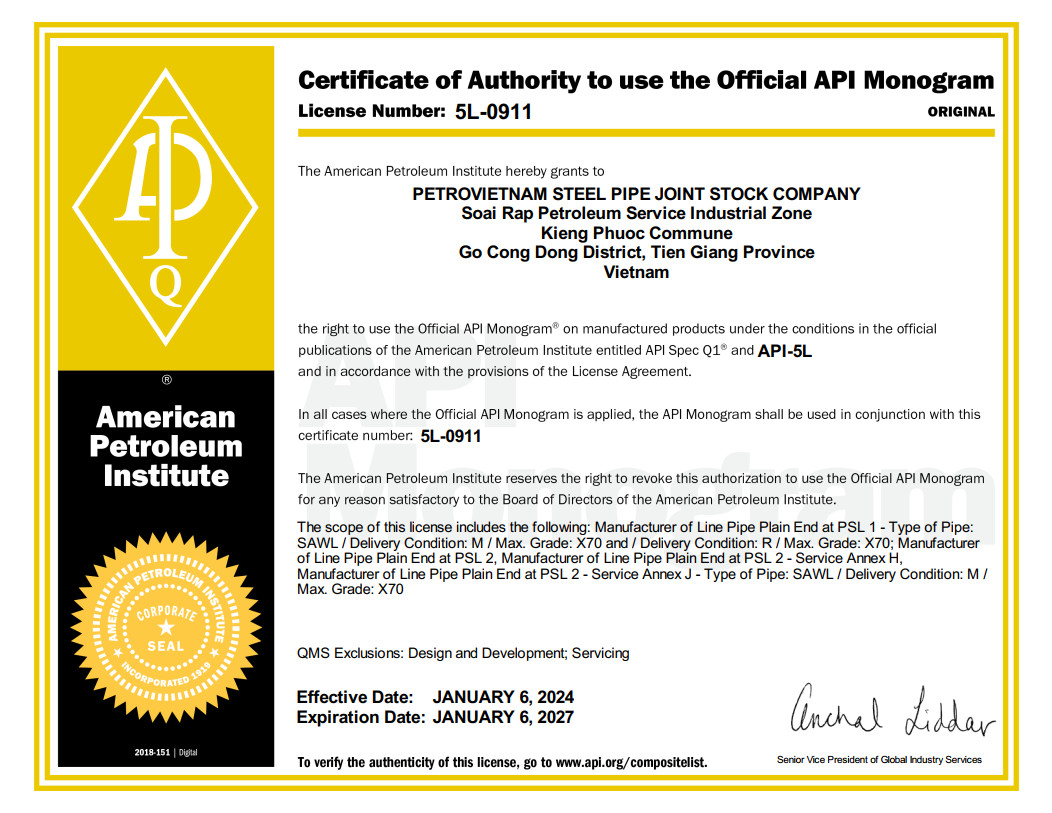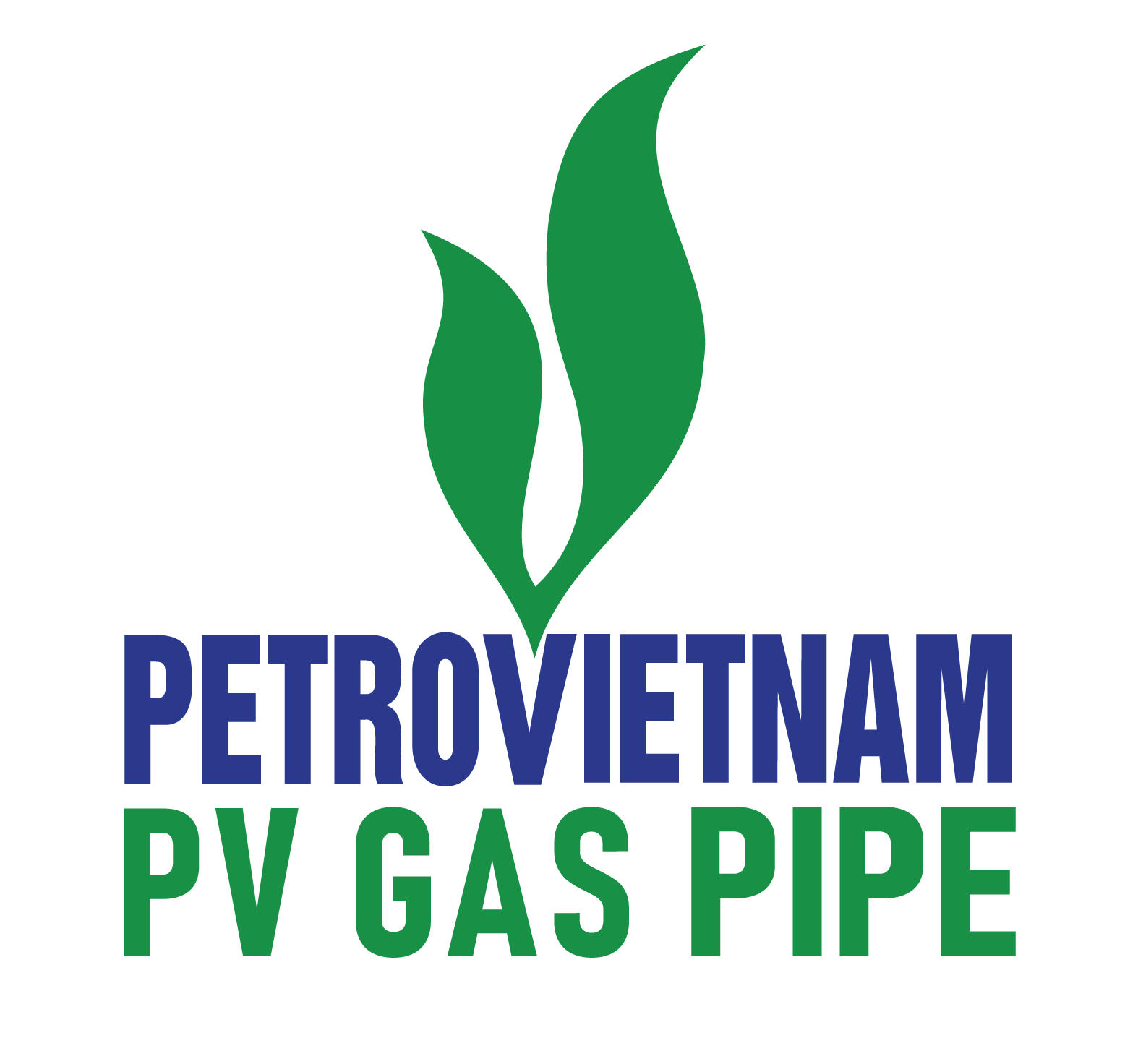In the oil and gas industry, API 5L standard welded steel pipes play a crucial role in transporting oil and natural gas. The API 5L standard, developed by the American Petroleum Institute (API), ensures the quality and durability of steel pipe products used in fluid transmission systems. This standard specifies requirements for chemical composition, mechanical properties, and testing methods for welded steel pipes, ensuring high pressure resistance and corrosion resistance in harsh environments.
The applications of API 5L standard welded steel pipes are diverse. They are widely used in oil, gas, and water transmission systems, as well as in processing and extraction facilities. With good pressure resistance and high strength, API 5L welded steel pipes can operate effectively under extreme conditions, from deep-sea regions to desert areas. This helps minimize risks during transportation and ensures safety in extraction activities.
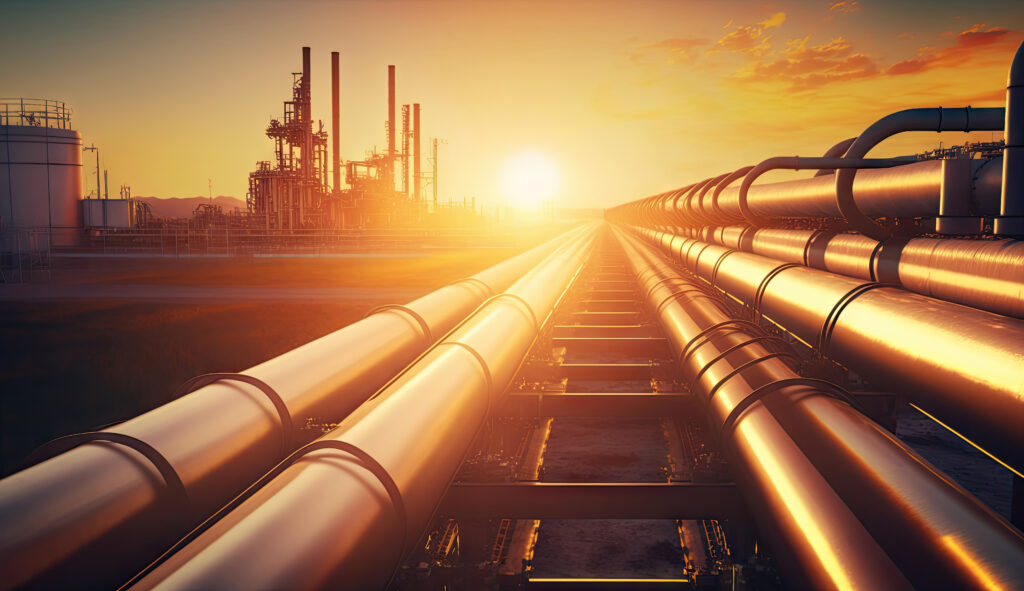
The role of API 5L welded steel pipes in the oil and gas sector goes beyond transportation. They are also vital in building infrastructure, from large oil pipelines to smaller distribution systems. The growth of major global oil and gas projects has driven the demand for API 5L standard welded steel pipes due to their flexibility and reliability. Moreover, adherence to strict quality standards helps companies in the oil and gas industry reduce maintenance and repair costs.

In summary, API 5L standard welded steel pipes are not just construction materials; they are essential components in the global oil and gas supply chain. With the ability to meet the stringent requirements of the industry, API 5L welded steel pipes continue to assert their position as a reliable partner in ensuring energy security and sustainable development in the oil and gas sector.
Featured projects using API 5L Steel Pipe provided by PV PIPE
